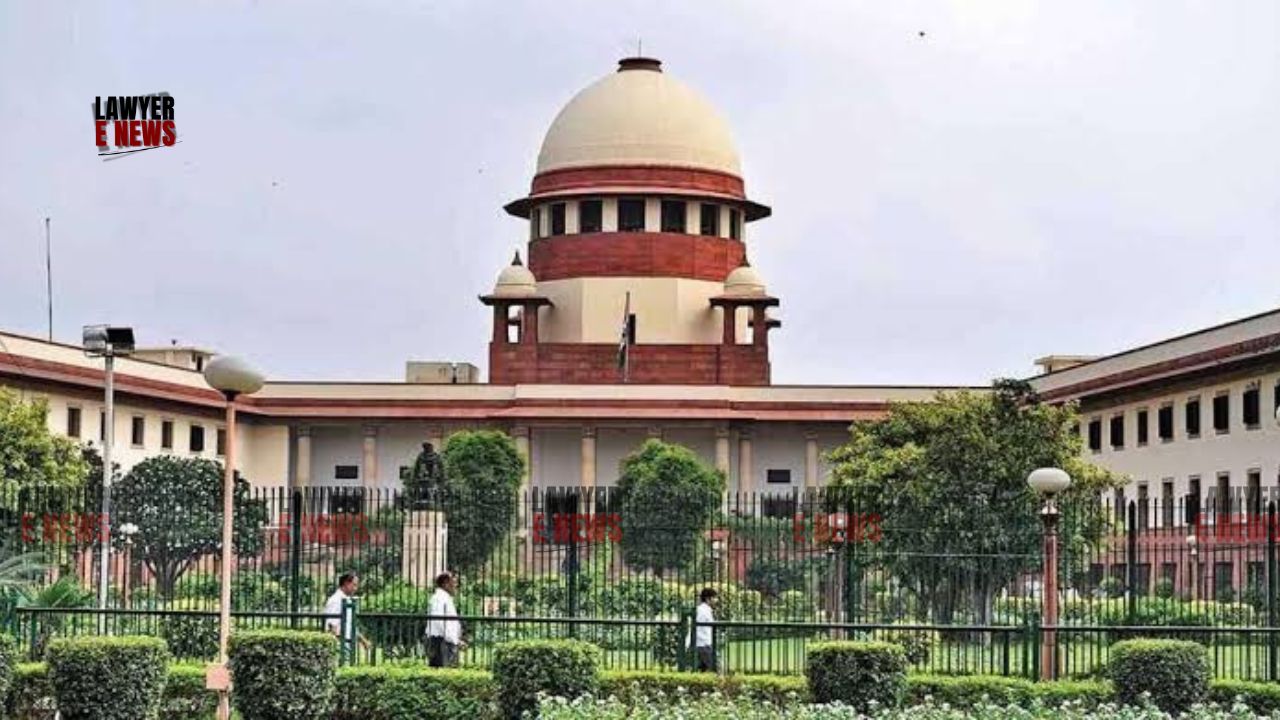-
by Admin
15 February 2026 2:36 AM



In a significant judgment, the Supreme Court of India granted bail to Manish Sisodia, former Deputy Chief Minister of Delhi, who had been incarcerated for over 17 months in connection with the Delhi Excise Policy case. The judgment, delivered by a bench led by Justice B.R. Gavai, underscores the constitutional mandate of a speedy trial and the protection of personal liberty, criticizing the prolonged delay in the commencement of Sisodia’s trial.
Manish Sisodia was arrested by the Central Bureau of Investigation (CBI) on 26th February 2023 and subsequently by the Enforcement Directorate (ED) on 9th March 2023, in connection with alleged irregularities in the framing and implementation of Delhi’s Excise Policy for 2021-22. The CBI registered an FIR against Sisodia on 17th August 2022, followed by the ED’s case on 22nd August 2022, stemming from the CBI’s predicate offense. Sisodia’s previous bail applications had been rejected by both the trial court and the Delhi High Court, leading to his appeal to the Supreme Court.
The Supreme Court placed significant emphasis on the right to a speedy trial as an essential facet of personal liberty under Article 21 of the Constitution. The Court observed, "Detention or jail before being pronounced guilty of an offense should not become punishment without trial. When the trial is not proceeding for reasons not attributable to the accused, the court, unless there are good reasons, may well be guided to exercise the power to grant bail."
The Court criticized the lower courts for not adequately addressing the delay in the trial proceedings, noting that despite assurances from the prosecution, the trial had not even commenced after 17 months of Sisodia’s incarceration. The bench noted, "The right to bail in cases of delay, coupled with incarceration for a long period, should be read into Section 439 of the Code and Section 45 of the PMLA."
The Supreme Court dismissed the prosecution’s argument that Sisodia was responsible for the delays due to the numerous applications filed by him. The Court found that many of these applications were legitimate requests for access to documents and evidence necessary for his defense, and observed that the trial court had allowed all such applications.
The bench reaffirmed that the principles of bail must prioritize the accused's right to liberty unless compelling reasons justify extended detention. The Court held that, given the circumstances, the statutory conditions under Section 45 of the PMLA should be relaxed to allow Sisodia's release on bail.
Justice B.R. Gavai emphasized, "The right to speedy trial and the right to liberty are sacrosanct rights. On denial of these rights, the trial court as well as the High Court ought to have given due weightage to this factor."
The Supreme Court’s decision to grant bail to Manish Sisodia marks a pivotal moment in reinforcing the judiciary's commitment to upholding constitutional rights, particularly the right to a speedy trial. By setting aside the Delhi High Court’s order, the judgment sends a strong message about the importance of balancing the interests of justice with the protection of individual liberties, especially in cases where trial delays are beyond the control of the accused.
Date of Decision: 9th August 2024
Manish Sisodia vs. Directorate of Enforcement
